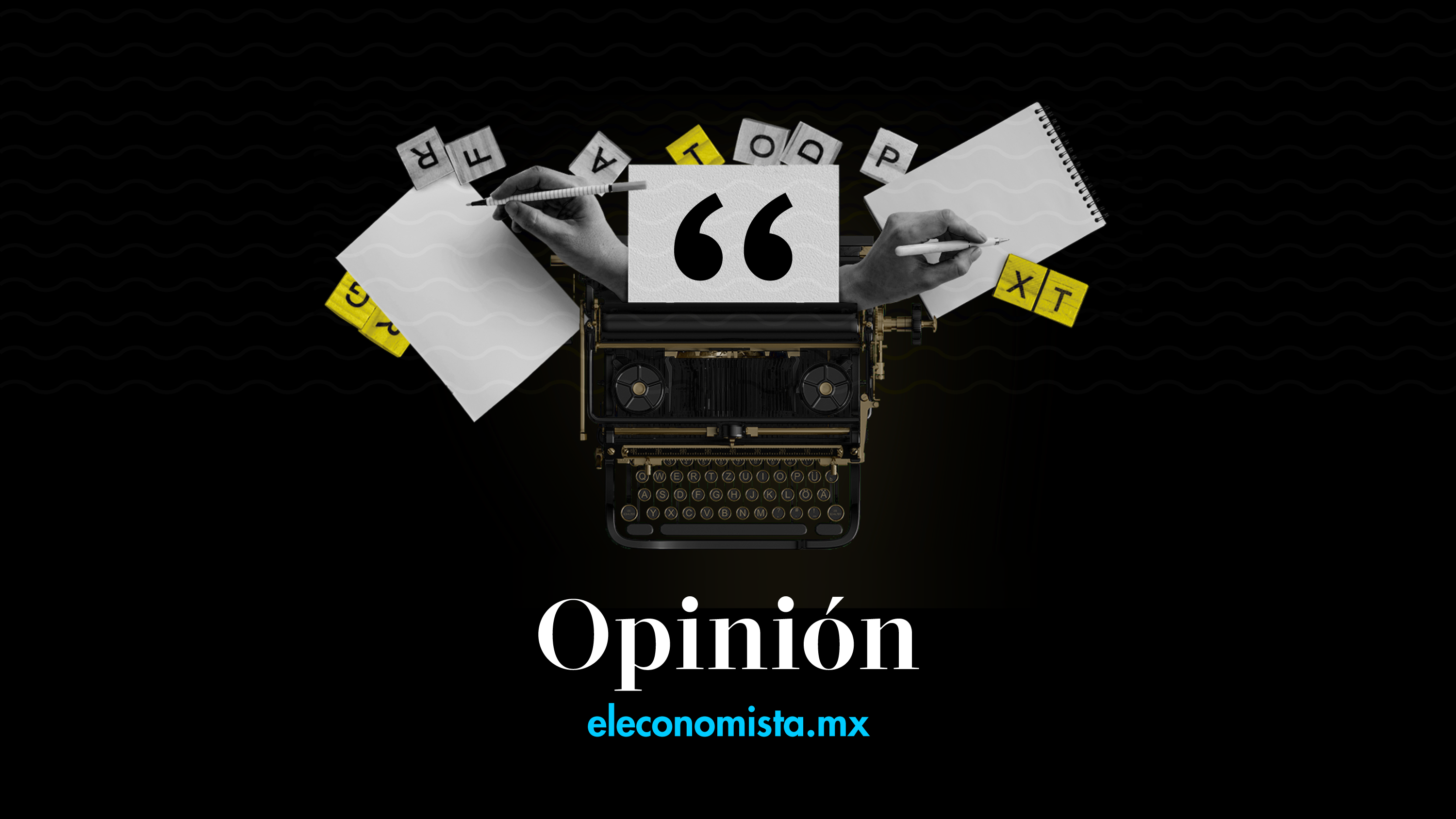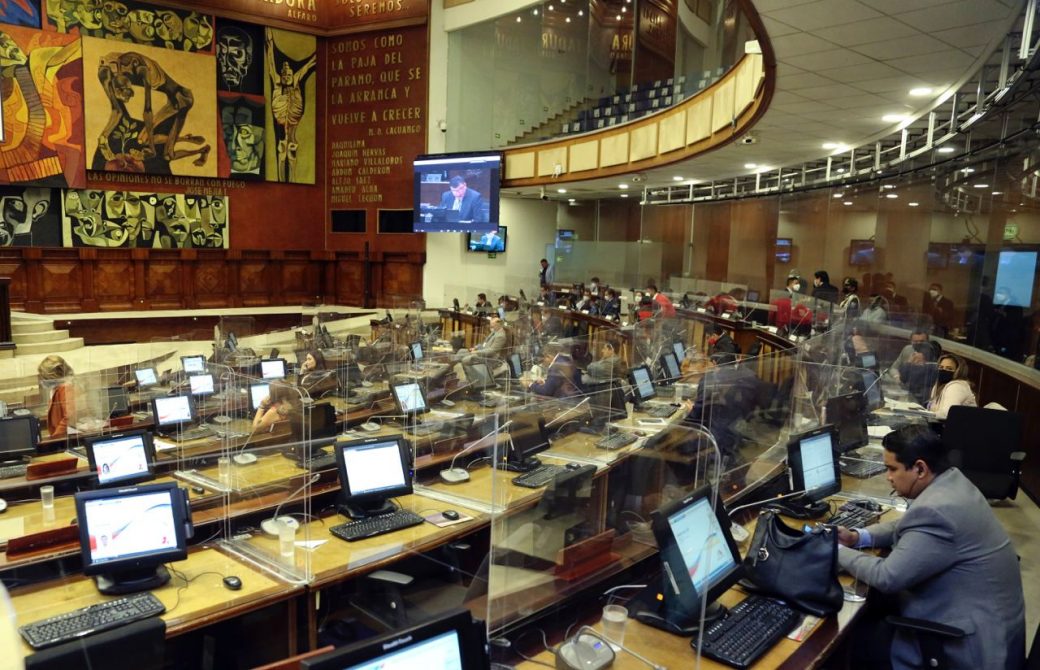Any notion of legal and political relevance immediately raises the most heated debates about its meaning, scope and purposes, but when it is the Constitution itself that defines it, the framework of the discussion is inexorably delimited.
For this reason, the way in which the constitutionality of the question to be asked in the revocation of mandate exercise was resolved is cause for concern. And it is that very few times the Constitution conceptualizes the categories that emerge from it. It does not give us a notion of what we should understand by the inviolability of private communications, original property or national security, but what it does do is point out that “the revocation of the mandate… should be understood as the instrument of participation requested by the citizens to determine the anticipated conclusion in the performance of the position from the loss of confidence”.
The revocation, therefore, not only has a basis but also an explicit constitutional concept that should have guided the Court’s resolution. On the other hand, what has no basis in the Querétaro Charter is the so-called “ratification of the mandate”, simply because no one has questioned the legitimacy of the current presidential mandate, elected democratically through the majority vote of the citizens, within of an election organized by the INE that complied with all the constitutional references, and that was punctually validated by the TEPJF.
It is strange that the SCJN, as the authority that has the last word in the constitutional interpretation, has changed the nature of a human right of political-electoral participation, turning the recall into a hybrid contrary to its essence and denomination, to the degree of allowing the mobilization of all those who seek to remove the President from office early, and at the same time encourage all the supporters of the government to make this an act of endowing renewed democratic legitimacy to the President himself.
Given the immense power that today assists the constitutional courts, the justification of their authority is subject to compliance with the rules and the regularity of their behavior. The SCJN distanced itself from both demands, since leaving aside the constitutional definition, it endorsed the content of articles 19 and 36 of the contested law, so that the question questions the voters if they agree to revoke the president’s mandate due to loss confidence, also opening the option of asking if the President should remain in the Presidency, which, in the immediate term, could give rise to a narrative oriented to maintain that with their vote, the people have asked that the President remain in the position beyond September 30, 2024, the date on which his government mandate ends.
It is significant that the “authentic interpretation” to which our highest court frequently refers to warn the “spirit of the legislator”, expressly indicates that the legislative process sought to make clear in the opinions of both chambers of Congress, that the revocation process of mandate “in no case could it be interpreted as a possible consultation on the permanence in office or the ratification of the President of the Republic.” Thus, what was eagerly sought to be documented in the chamber discussion, was quickly dismissed by the 4 ministers who lent themselves to create this bifront with their votes, with one side looking towards ratification, and the other towards revocation.
It should not be lost sight of, furthermore, that both in the popular consultation and in the revocation, the SCJN has had to intervene to analyze the constitutional conformity of two questions. On that occasion, he took up the pen to rewrite the questioning formulated by the Federal Executive, and this time he did not touch the draft to correct the nonsense. There, the result was a linguistic monstrosity that ended up diluting the relevance of the consultation, and here it left untouched a legislative excess that changes the essence of the imminent call.
The white smoke that was expected from the SCJN turned into a gray smoke that required a recess that, once concluded, confirmed that the Court had lost the opportunity to definitively redirect the mechanism. Paradoxically, with the decisive vote of Minister Zaldívar, the majority agreement of 7 ministers for the unconstitutionality of the question was defeated by the weight of the least consensus, suggesting that derived from its current conformation, who has the capacity to set the definitive interpretation of the constitutional text is the minority of 4 ministers and ministers.








